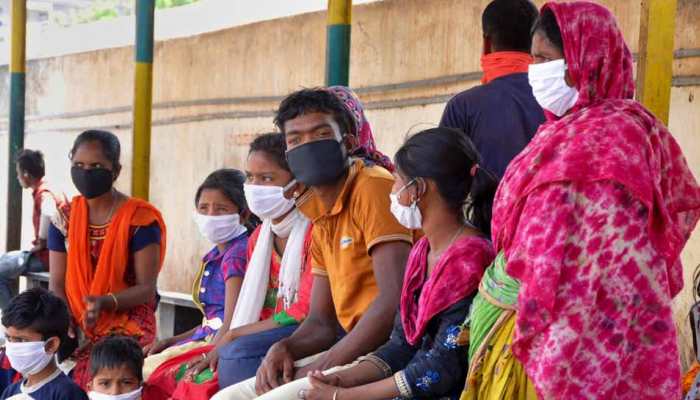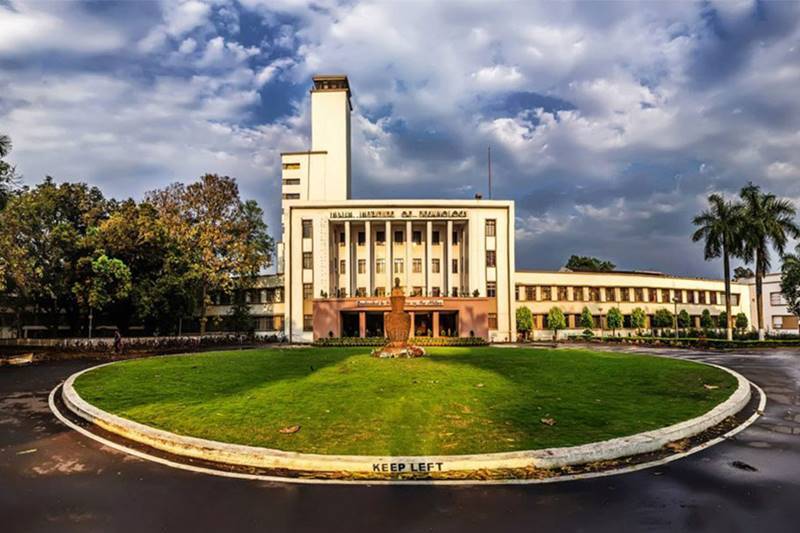You don’t need me to define social distancing for you. It is all anyone can talk/think/rant/write about for the past few weeks (and even longer in those countries that have had to deal with the impact of the novel coronavirus before we did), and it looks like our survival depends on it now. But if you are still wondering, it essentially means that you are required to maintain a distance of six feet at all times from people around you. Social gatherings, trips to the mall, that summer vacation you were planning, weddings as well as funerals are all no-no’s. The goal is to limit human interaction thereby creating physical distance between people who do not live together.
Two weeks ago, the severity and the impact of Covid-19 hit, when we finally took up social distancing seriously. This means working from home to reduce the burden of a commute, extended holidays for schools and colleges, a restriction of activities to the essentials and as of yesterday, a complete and total lockdown. But, we have the internet right ? What we cannot do outside, we will find a way to do from our homes. We shall cook up a storm, read all those books we’ve been meaning to, reconnect with old acquaintances and keep our family (and therapist) online. Modern technology makes it seem like we have things under control. Our homes are to become our workplaces and our havens until the crisis tides over.
The problem is that, in order to ensure absolute social distancing, we would need to ensure that everyone is equally capable of retreating into spaces that function as havens for the duration of the crisis. Our ability to maintain this distance depends on our ability to opt out of social interactions that sustain our day to day existence.
Allocation of Space and the Factors that Influence it
The problem is that, in order to ensure absolute social distancing, we would need to ensure that everyone is equally capable of retreating into spaces that function as havens for the duration of the crisis. Our ability to maintain this distance depends on our ability to opt out of social interactions that sustain our day to day existence. Our experience of space (private and public) is wrought by social practices and material conditions, and our existence in these spaces is specific to each group and culture in specific places and times.
As a woman in a middle class neighbourhood in Kerala, my mother has easy access to enough space to quarantine herself effectively. She is surrounded by a loving family and can live out the days of the lockdown without worrying about how she will provide for her family. However, her time spent in the house goes into looking after the family and her elderly parents, ensuring that the house remains clean and the kitchen is well stocked. Her movement in the house is dictated by her “duty” to the family as a woman.
Phulabai who inhabits a settlement in Mumbai is most likely expected to carry out the same set of duties as a woman in her household. However, she lives in cramped up quarters with her children, in-laws and her neighbours live in adjoining jhopdis barely a meter apart from each other. Private space is almost non-existent to the point that her day to day activities and chores spill out of their house. For Phulabai, her family members and other inhabitants of this settlement, the advisories for social distancing and maintaining hygiene are a joke. Not only does her living quarters make it impractical, but as a vendor in the nearby market, skipping out/working from home is not an option.
While both of these women are ladened with duties as women, their individual experiences of the physical space they occupy is informed by social, cultural and economic forces.
Phulabai who inhabits a settlement in Mumbai is most likely expected to carry out the same set of duties as a woman in her household. However, she lives in cramped up quarters with her children, in-laws and her neighbours live in adjoining jhopdis barely a meter apart from each other. Private space is almost non-existent to the point that her day to day activities and chores spill out of their house.
Retreating to our private domestic spaces might be our only shot at surviving this pandemic. You would think that decades of being confined within the four walls of our household would prepare us for this, and that women from all walks of life would emerge as champions with our immense patience and what not. But let’s face it. Being locked into the same space as our perpetrators probably won’t end well. China has already reported an increase in cases of domestic violence. You know we’re not far off from reporting the same.
Also read: Coronavirus And Our Callous Casteist Biases In India
Who Will it Affect and What Can We Do About This?
This is just a tip of the iceberg.
So, here are some things you can do over the period of the lockdown:
- Look out for your closeted and out queer and trans folks who are uncomfortable spending so much time with their families.
- Reach out to your friends and acquaintances in Kashmir (phone call instead of email if you actually want to get through to them).
- Be mindful of how much waste you are generating, keep things light for our safai karamcharis; contribute or volunteer to get essential supplies to their doorstep.
- Check in on those who have been rendered homeless by the pogrom in Delhi, or any other modes of state sponsored, hegemonic violence.
- Call your grandparents, and other elderly relatives and friends and see how you can help them (even if it is just a motivational phone call). Check in on family and friends
- Take care of your mental health. I know this is not chutti, and you still have to report for work; but our childhood dreams of being asked to stay at home from our school are finally being realised. Make use of it, and chill. Plan that Netflix party, form a reading club, do some meditation with a group of strung out strangers – whatever floats your boat.
- And for the love of god, stay at home (but if you must go out carry your sanitisers, and try to throw your auto chettans cab bhaiyyas a ride or two)
Also read: Coronavirus And A Panic Stricken World That Cares Little About Mental Health
I guess what I am getting at is that this is not and should not be social distancing to its full extent and we should probably stop calling it that. Keep the distancing physical, but let the social solidarity thrive. Let’s admit it, truly isolating ourselves socially will probably end up killing us faster than the virus.
Featured Image Source: Zee News
About the author(s)
Krishna has a masters degree in Development Studies from Azim Premji University, and hopes to establish a career in psychology and counselling. She currently resides in Kochi and is taking time out to recharge - physically, mentally and intellectually. Any suggestion that will aid the recharge process will be received with gratitude and excitement.




